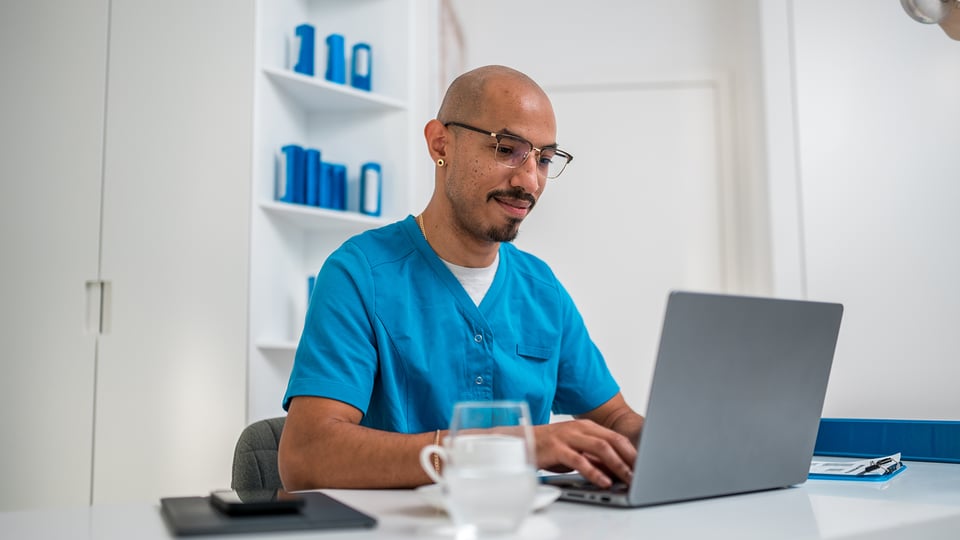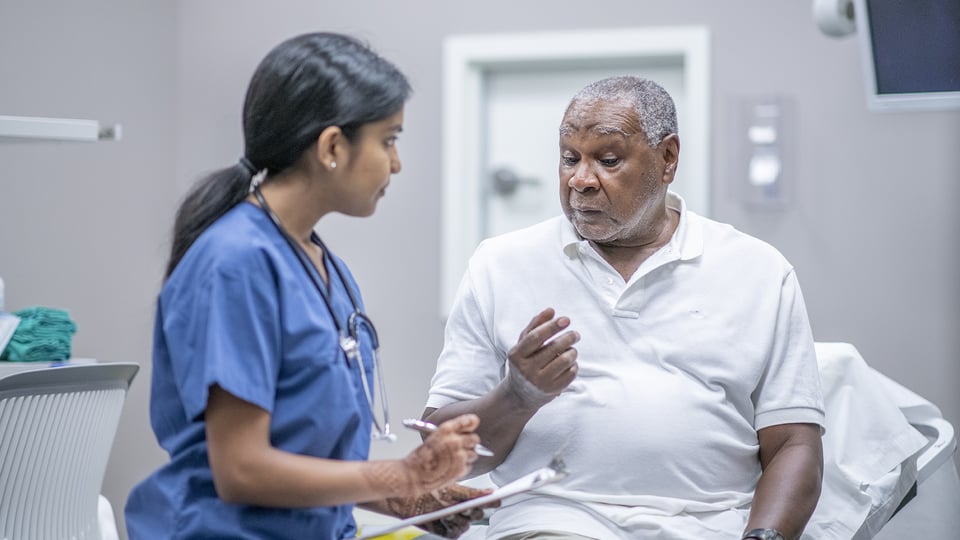Research and clinical trials
Improving care through research and innovation
At Ramsay Health Care, research is about more than discovery – it’s about making a real difference for patients. By leading and participating in clinical trials across Australia, we help bring the latest treatments, technologies and approaches into everyday care sooner.
For patients, this means early access to new therapies and care options that may not otherwise be available. For clinicians, it means the opportunity to contribute to high-quality research, collaborate with peers and advance evidence-based practice that improves outcomes for communities.
We are committed to building a strong research culture, where innovation, collaboration and patient safety go hand in hand. Together with our specialists, research partners and patients, we’re shaping the future of health care.
Explore Ramsay Research initiatives
Shaping the future of healthcare
At Ramsay Health Care, research is central to advancing medical knowledge and improving patient care. Through our Ramsay Hospital Research Foundation (RHRF), clinical trials network and strong research governance, we support studies that lead to better treatments and outcomes.
The RHRF funds research projects across Australia, with a focus on improving healthcare and addressing important social factors that impact health.
Our hospitals host a wide range of research, from clinical trials to collaborative studies with universities, companies and individual researchers. Ramsay’s clinical trials network spans more than 20 sites nationwide and is supported by two independent ethics committees to ensure every study meets strict safety and quality standards.
All research at Ramsay hospitals follows our governance framework and facility rules to protect patients and uphold the highest ethical standards. Oversight from our National Research Unit ensures every project is conducted with integrity and patient care at its core.
Interested in research with Ramsay?
Contact our Clinical Trials and Research Manager or our National Research Unit.
Subscribe to our newsletters
Stay updated, explore healthcare topics and learn about the latest research






